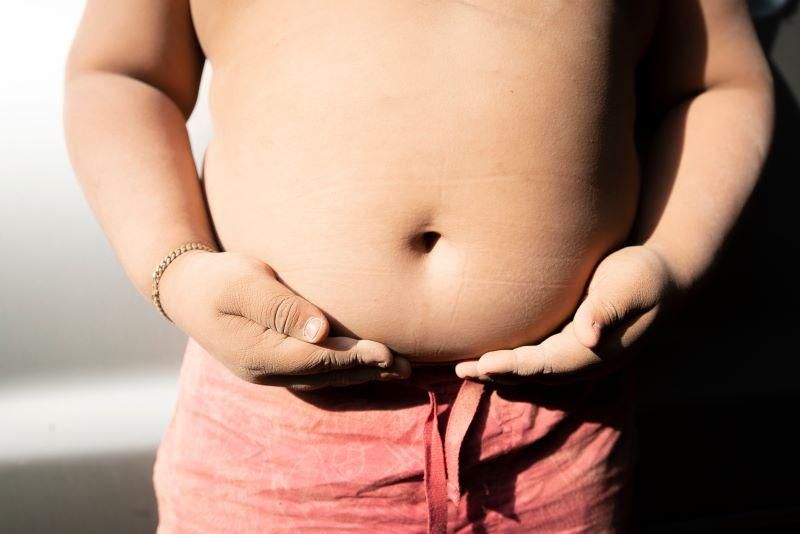
Eating lots of ultra-processed foods may dramatically increase your risk for dementia, according to a new study by researchers in China. Ultra-processed foods are high in sugar, fat and salt, but low in protein and fiber. Sodas, salty and sugary snacks and desserts, ice cream, sausage, deep-fried chicken, flavored yogurt, ketchup, mayonnaise, packaged bread and… read on > read on >






























